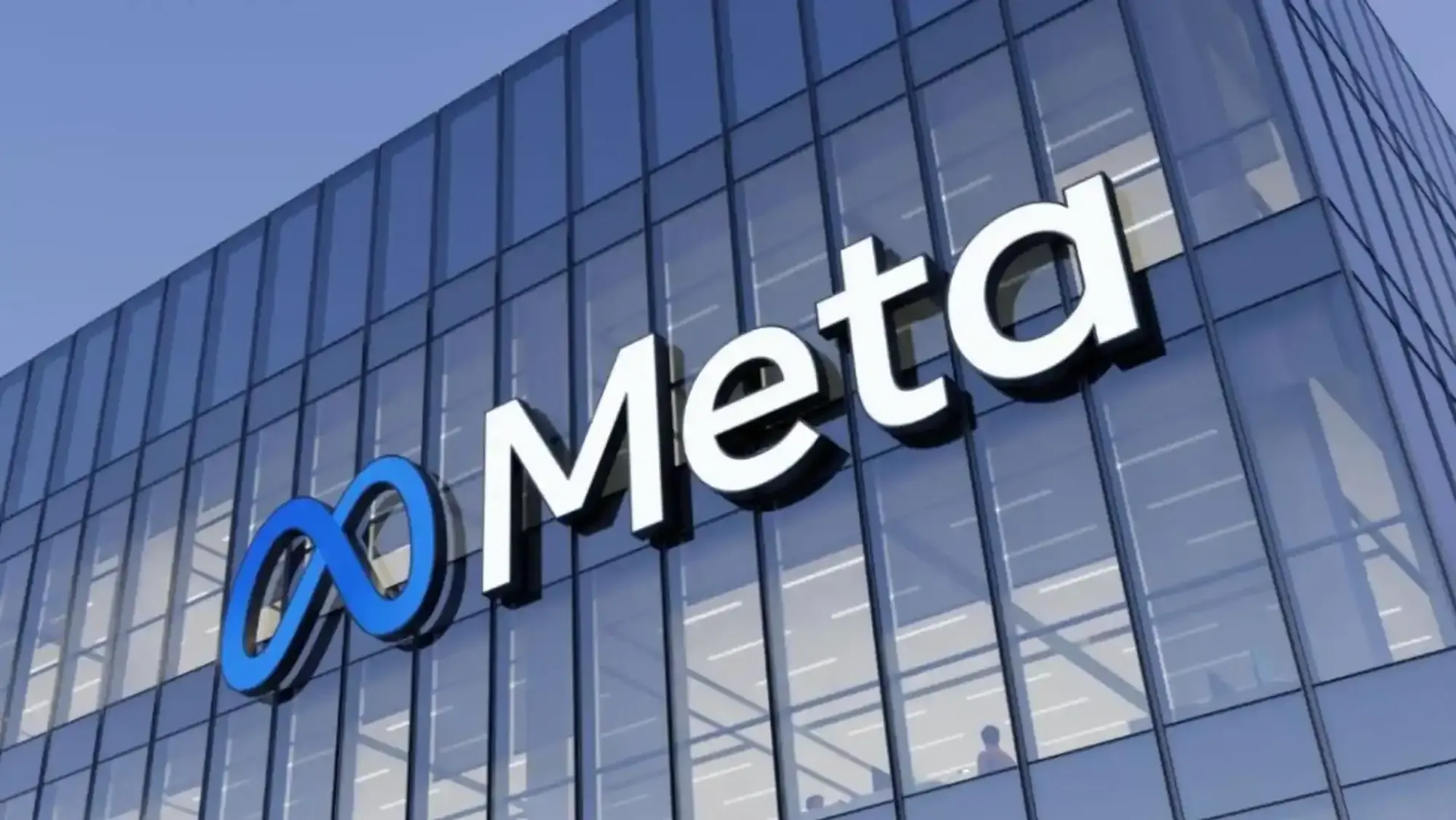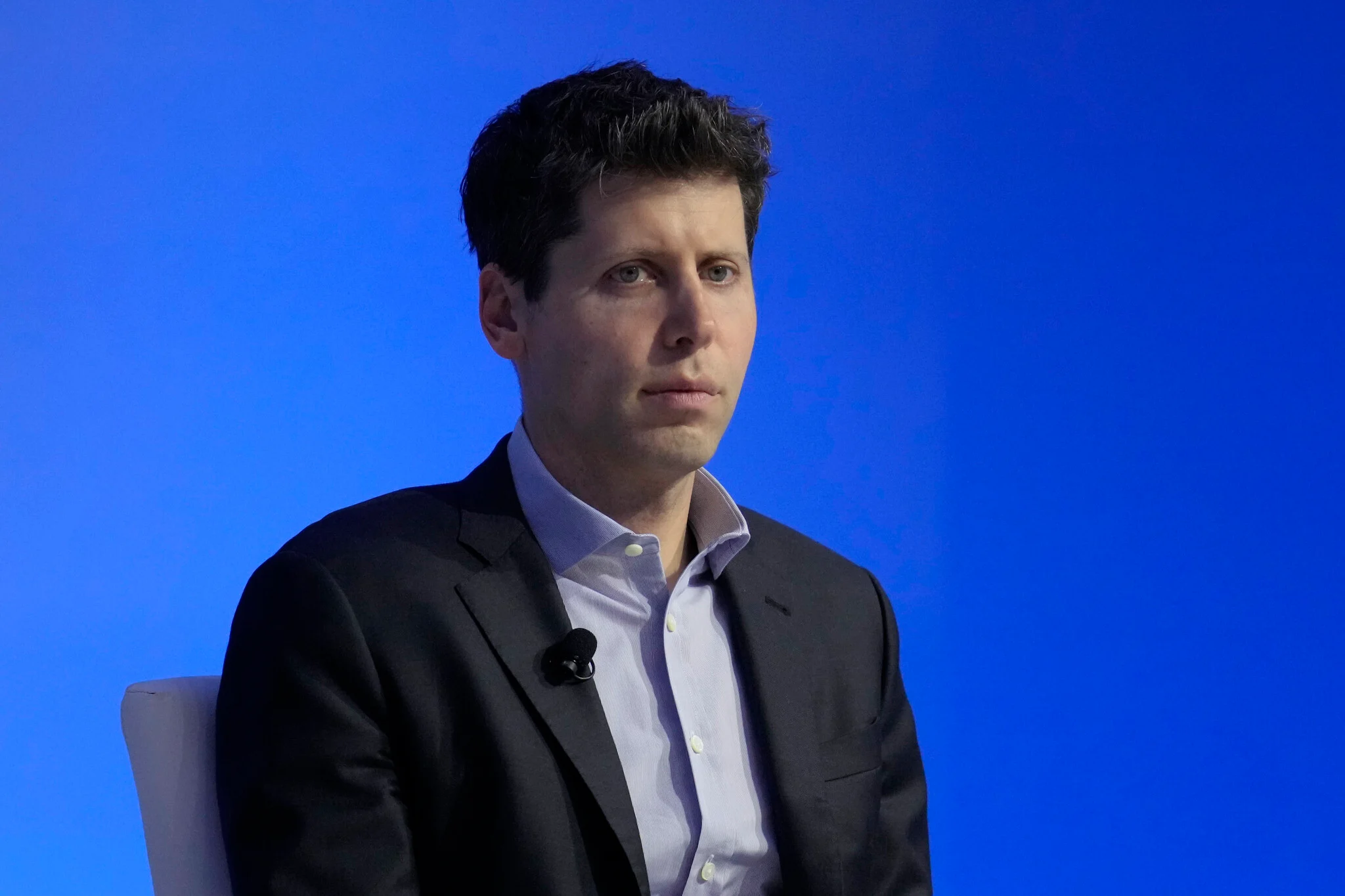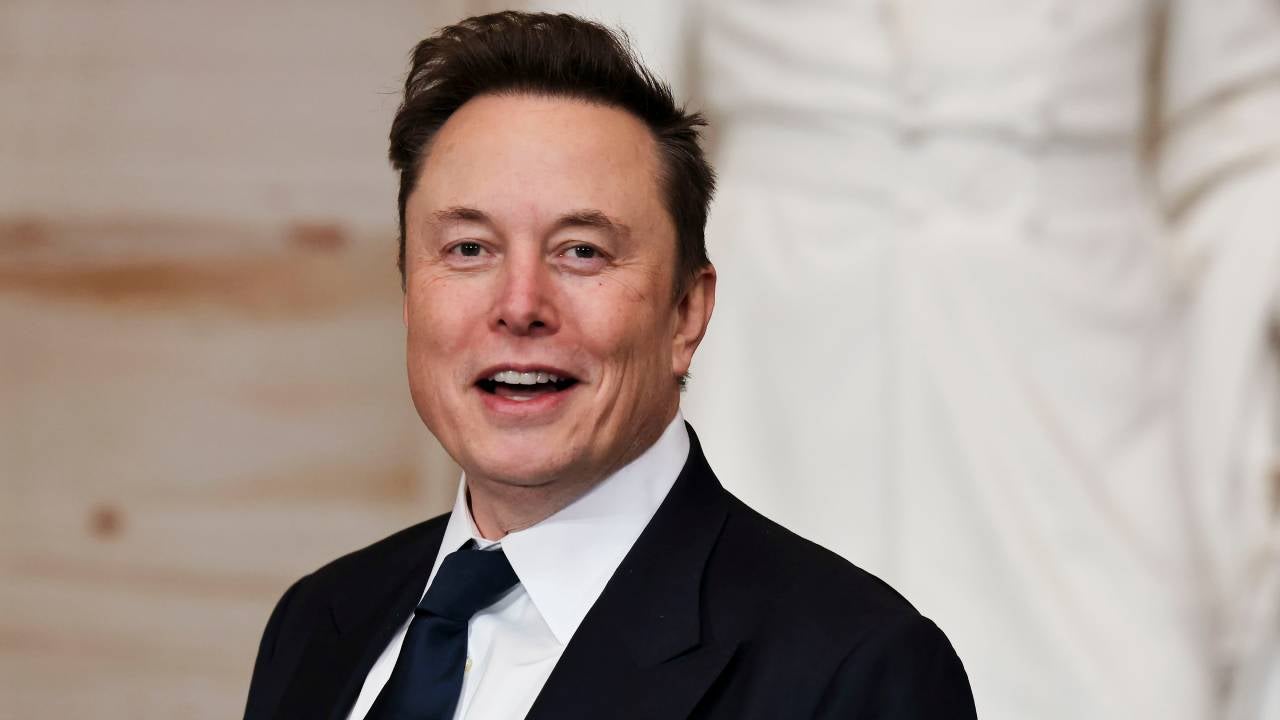A report by AI Reports Africa
Recent headlines about Meta offering $100 million “signing bonuses” to AI researchers have captured global attention, but the reality is more nuanced. While Meta is indeed offering substantial multimillion-dollar compensation packages in the intensifying AI talent war, the $100 million figure represents total compensation over multiple years, not instant cash bonuses.
The Claims vs. Reality
What Sam Altman Said
OpenAI CEO Sam Altman said that Meta has offered his employees bonuses of $100 million to recruit them, with some compensation packages exceeding that amount annually. These claims emerged during the ongoing talent competition between major AI companies.
Meta’s Response
During a company-wide all-hands meeting on Thursday leaked to The Verge, some of Meta’s top executives were asked about the bonuses that OpenAI CEO Sam Altman said Meta had offered to top researchers.
Meta CTO Andrew Bosworth clarified the situation, explaining that only a few people for very senior leadership roles may have been offered that kind of money, but clarified “the actual terms of the offer” wasn’t a “sign-on bonus. It’s all these different things.” The compensation typically comes as restricted stock units (RSUs) tied to tenure or performance, not immediate cash payments.
Ground Truth from Recruited Researchers
The most telling evidence comes from actual recruits themselves. Researcher Lucas Beyer confirmed he was leaving OpenAI to join Meta along with the two others who led OpenAI’s Zurich office. Beyer directly addressed the speculation, tweeting: “1) yes, we will be joining Meta. 2) no, we did not get 100M sign-on, that’s fake news.”
The Real Numbers
While $100 million signing bonuses are exaggerated, Meta’s compensation is still substantial:
- A four-year total pay package worth about $100 million for a very senior leader is not inconceivable for Meta
- Most of Meta’s named officers, including Boswell, have earned total compensation of between $20 million and nearly $24 million per year for years
- One investor told TechCrunch that he saw an AI researcher get — and turn down — an $18 million job offer from Meta
Strategic Context
Meta’s AI Focus
Meta is pursuing entertainment AI, rather than productivity AI, aligning with its existing investments in Quest VR headsets and Ray-Ban AI glasses. This strategic direction influences the type of talent they’re targeting.
Notable Acquisitions
Meta has secured key talent including:
- OpenAI’s Trapit Bansal, known for his groundbreaking work on AI reasoning models
- Lucas Beyer and his team from OpenAI’s Zurich office, specialists in computer vision AI
Market Reality Check
Bosworth reportedly told employees that while “the market’s hot. It’s not that hot”, pushing back against the narrative that Meta is offering astronomical sums to every researcher.
African Perspective
For Africa’s AI ecosystem, this talent war presents both challenges and opportunities:
Challenges:
- Brain drain risk as top African AI talent may be attracted to these unprecedented compensation packages
- Widening gap between global tech giants’ resources and African AI initiatives
Opportunities:
- Increased global attention on AI talent could elevate African researchers’ profiles
- Remote work arrangements may allow African talent to access these opportunities while remaining on the continent
- Rising compensation standards could improve conditions for AI researchers across all markets
Market Implications
The AI talent war reflects the industry’s current priorities and resource allocation. With companies like Meta investing heavily in AI talent acquisition, the competition is driving up compensation across the sector, though not to the sensationalized levels initially reported.
This development underscores the critical importance of AI talent in the current tech landscape and suggests that companies view top researchers as essential strategic assets worth significant investment.
Conclusion
While Meta is indeed offering substantial compensation packages to AI researchers—sometimes reaching multimillion-dollar levels—the viral $100 million “signing bonus” claims are misleading. The reality involves complex, multi-year compensation structures typical of senior tech executive packages rather than immediate cash payments.
For Africa’s AI community, understanding these market dynamics is crucial for talent development strategy and ensuring the continent can compete for and retain its top AI minds in an increasingly competitive global landscape.
This report was compiled from public sources and industry reports. For the latest developments in Africa’s AI ecosystem, follow AI Reports Africa.




